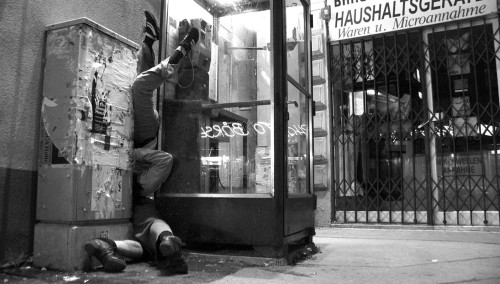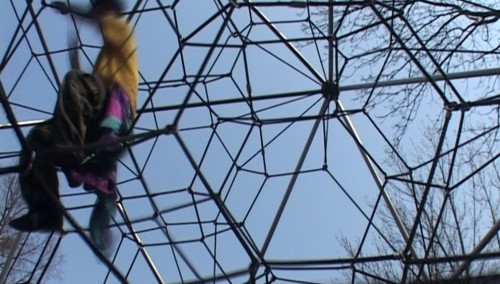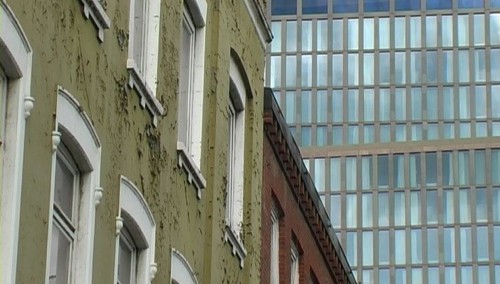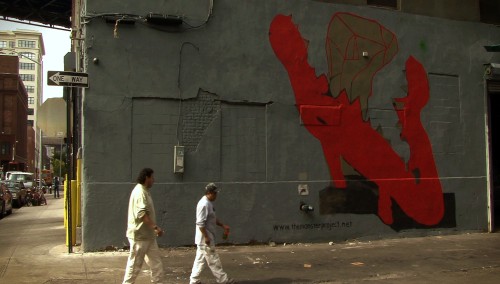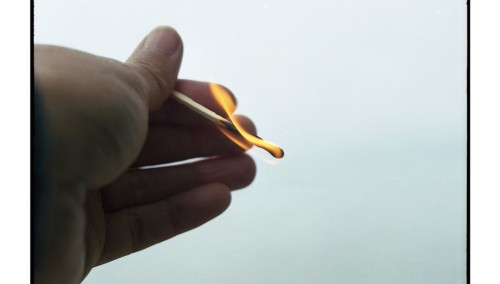Architecture and Society 2010
As part of built reality, vacant buildings, derelict land and abandoned spaces generate informal processes of appropriation – they are occupied, used temporarily or permanently settled – or become the object of speculative trading in the real estate market. The corresponding gentrification processes change the appearance and social fabric of entire neighborhoods within a few years.
In a first-time collaboration with the Crossing Europe Film Festival, the Architecture Forum of Upper Austria presents two short and three feature-length films exploring at various levels the theme of vacancies, urban fallow grounds and residual spaces in the context of the demand for a democratization of space.
Urban phenomena such as parkour, skateboarding and street art show us the great need for open spaces and their potential. Through the individual appropriations of “residual spaces” in the cities, heterogeneous identities are anchored with a symbolic seizure of public space. More and more cultural actors go out and choose fleeting and temporary sites in the urban fabric over the temporally and spatially delimited territories of galleries or theaters.
The Austrian choreographer Willi Dorner turns the city into a stage, filling urban voidage and in-between spaces with human bodies, which he uses as tools to perceive the dimension of space. The experimental film body trail presented here, which he made together with filmmaker Michael Palm, is based on the eponymous outdoor performance which took place in October 2007 in Vienna. In his short film Corners, Derek Roberts also examines the relationship between the body (his own) and urban structures, demonstrating to us in a fast-paced sequence how an urban area can be transformed by the type of use. Street Art – The ephe meral Rebellion, a film produced for ARTE, Anne Bürder and Benjamin Cantu document the global and political dimensions of street art by touring numerous cities around the world to portray most diverse artists and art forms as a reportage. For her debut feature-length film thi s moment is not the same, Marion Neumann accompanied a different kind of artistic experiment for three years, becoming part of it in the process: a vacant villa in Switzerland is the laboratory for an alternative lifestyle – during this time, close to 300 artists from around the world use the openness of this place to live and work there in the community. Space as an object of economic interest is the theme of the documentary Empire St. Pauli – von Perlenket - te n und Platzverwei sen by Irene Bude and Olaf Sobczak. It powerfully shows the gentrification process of a Hamburg neighborhood, using the example of a former brewery site.

